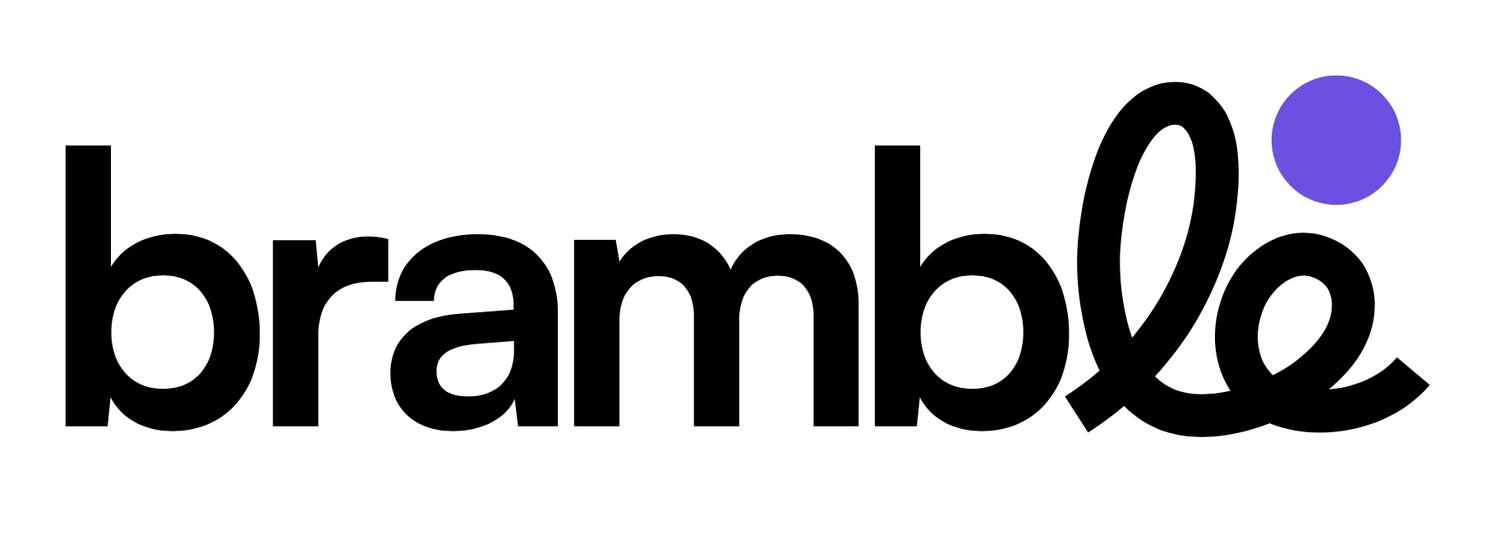The importance of value and solving a problem
At the heart of every successful startup lies a fundamental principle: solving a genuine problem and providing real value to users. While this insight isn't groundbreaking, it's a hurdle I've observed many founders, particularly in the early stages, struggle to overcome.
The trap is often an overemphasis on features rather than building and obsessing about a core value proposition. While this can be an issue for all startups, it’s often particularly apparent in building communities and platforms.
Many startups mistakenly believe that targeting a niche or market segment suffices to differentiate them. However, unless the topic is exceptionally niche, this strategy rarely holds up. Users can often find similar groups catering to their interests on more established platforms, which have years of refinement under their belts in user retention and engagement.
There are lots of reasons why: solving a real problem is hard. Sometimes it’s even hard to get your users to understand they have the problem even when you do solve it! While building a community can also be a relentless slog of trying to get the metrics to work - particularly activity and retention.
I know first hand from building Wefarm to millions of users how obsessive it’s possible to become about monthly active users (MAU) and three month retention. I had days where I checked these metrics 50+ times! It can feel that the answer to getting them (or keeping them) where you want them is just a feature away. If we can just add in that like button, a new search feature, or threaded chats…
But none of these features, or any other, will fundamentally solve this challenge or build a business over time if you are not providing real value to the user that they can’t find somewhere else.
We saw this early with Wefarm. Farmers were already using things like Facebook or WhatsApp groups or other forums to discuss agricultural problems and try and find peer sourced answers to questions. While these channels provide some value they are not optimized for solving this challenge. As I'm sure many of us experience regularly, in a whatsapp group with lots of people it’s very hard to find a relevant answer or discussion.
Wefarm, at its most basic level, took this existing behavior and desire and made it much easier and more valuable for farmers. Using Wefarm it was much easier and quicker to find a good answer to your carrot seed question than it was in a sprawling Facebook group.
This is important for two reasons: 1) you can show clear value to your users quickly, and 2) you are providing a reason for users to use your platform over someone else’s - eg Facebook or whatsApp.
Other examples of adding real value could include: Increasing convenience or saving time and/or money (e.g. Deliveroo, Bolt, Calendly); access to opportunity, knowledge or connections that you can not easily get somewhere else (e.g. DuoLingo, Bumble, LinkedIn); improving health or wellness (e.g. Calm, Zoe); or promoting sustainability (e.g. Ocean Bottle, Olio).
There are many other areas where a startup can add real value - from accessibility to security and safety - but the key question to always ask is: why should users prefer your platform over established giants. What unique value does your platform offer that they can't find elsewhere?
How else can you focus on value and problem solving over features. My advice:
Avoid the pitfall of believing that feature development is a silver bullet for deeper, more fundamental challenges. Features should optimize user experience, not attempt to substitute for core value.
It’s fine to build for a small subset of users and solve their challenge. Many startups get caught up with the idea that they need to build for a scalable user base early, but this can come later. The old adage of building something that 100 people love rather than 10,000 people kind of like is spot on.
Talk to your users (and not by survey!) - still one of the most simple but most often overlooked aspects of building a startup. Dig underneath what your users are telling you to find their challenges and problems. And talk to them a lot!
If you’d like to discuss building platforms and communities, and our insight from building Wefarm to 5 million users, feel free to reach out for a session (kenny@bramble.club)
